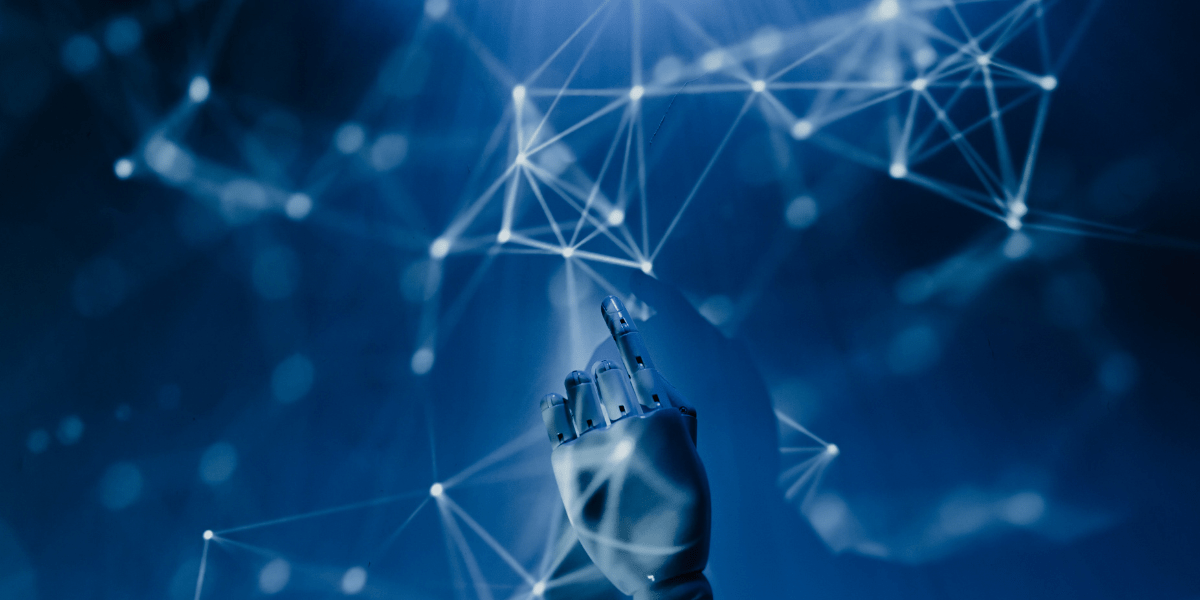Artificial Intelligence (AI) has revolutionized various industries on Earth, and now its transformative power is reaching the vast expanse of space. AI is playing a crucial role in enhancing space exploration and driving ground-breaking discoveries. This article explores the significant impact of AI on space missions, from autonomous rovers and spacecraft to data analysis and predictive modeling. By leveraging AI’s capabilities, space agencies and researchers are unlocking new frontiers and gaining unprecedented insights into the cosmos.
One of the key applications of AI in space exploration is enabling the autonomous operations of spacecraft and rovers. Autonomous systems equipped with AI algorithms can make real-time decisions and adapt to changing conditions without constant human intervention. This autonomy allows spacecraft and rovers to navigate challenging terrain, avoid obstacles, and prioritize scientific objectives. For instance, NASA’s Mars rovers, such as Curiosity and Perseverance, leverage AI to navigate and analyze the Martian landscape, autonomously select targets for study, and execute complex maneuvers.
AI algorithms have the ability to analyze vast amounts of data collected from space missions quickly and accurately. Machine learning algorithms can identify patterns, anomalies, and trends within datasets, helping scientists gain insights into celestial phenomena. This capability is particularly valuable in handling the massive volumes of data generated by telescopes, satellites, and space probes. By sifting through terabytes of data, AI algorithms assist researchers in identifying celestial objects, discovering new phenomena, and advancing our understanding of the universe.
AI’s predictive modeling capabilities are instrumental in mission planning and decision-making. By analyzing historical data, environmental conditions, and mission parameters, AI algorithms can simulate and predict outcomes, optimizing mission trajectories and resource utilization. This predictive modeling helps minimize risks, maximize scientific returns, and improve the overall efficiency of space missions. Moreover, AI algorithms can assist in predicting space weather events, optimizing communication links, and mitigating potential hazards during missions.
AI-powered virtual assistants, similar to voice-activated smart assistants on Earth, are being developed to assist astronauts during space missions. These assistants can provide real-time information, perform tasks, and aid in various aspects of astronaut life, from monitoring health parameters to facilitating communication with mission control. Virtual assistants reduce the cognitive load on astronauts and enhance their productivity, ensuring their focus remains on critical scientific objectives.
As we contemplate interstellar travel, AI will play a vital role in spacecraft navigation, self-repair systems, and crew support. Given the vast distances and long-duration missions involved, AI algorithms will enable autonomous decision-making and adaptive control systems to ensure the success and safety of interstellar voyages. AI’s predictive capabilities will assist in optimizing routes, anticipating system failures, and adapting to unforeseen circumstances during these ambitious journeys.
While AI in space exploration offers incredible potential, ethical considerations must be addressed. Ensuring the transparency and accountability of AI algorithms is crucial to avoiding biases and unintended consequences. Additionally, maintaining the privacy and security of mission-critical data is paramount.
Artificial Intelligence is revolutionizing space exploration, from autonomous spacecraft and rovers to data analysis and predictive modeling. AI enables autonomous decision-making, enhances data analysis capabilities, and improves mission planning and execution. As technology continues to advance, AI will play an increasingly critical role in our quest for knowledge and understanding of the universe. By leveraging AI’s power, we are poised to make ground-breaking discoveries, unravel cosmic mysteries, and inspire future generations of space explorers.


